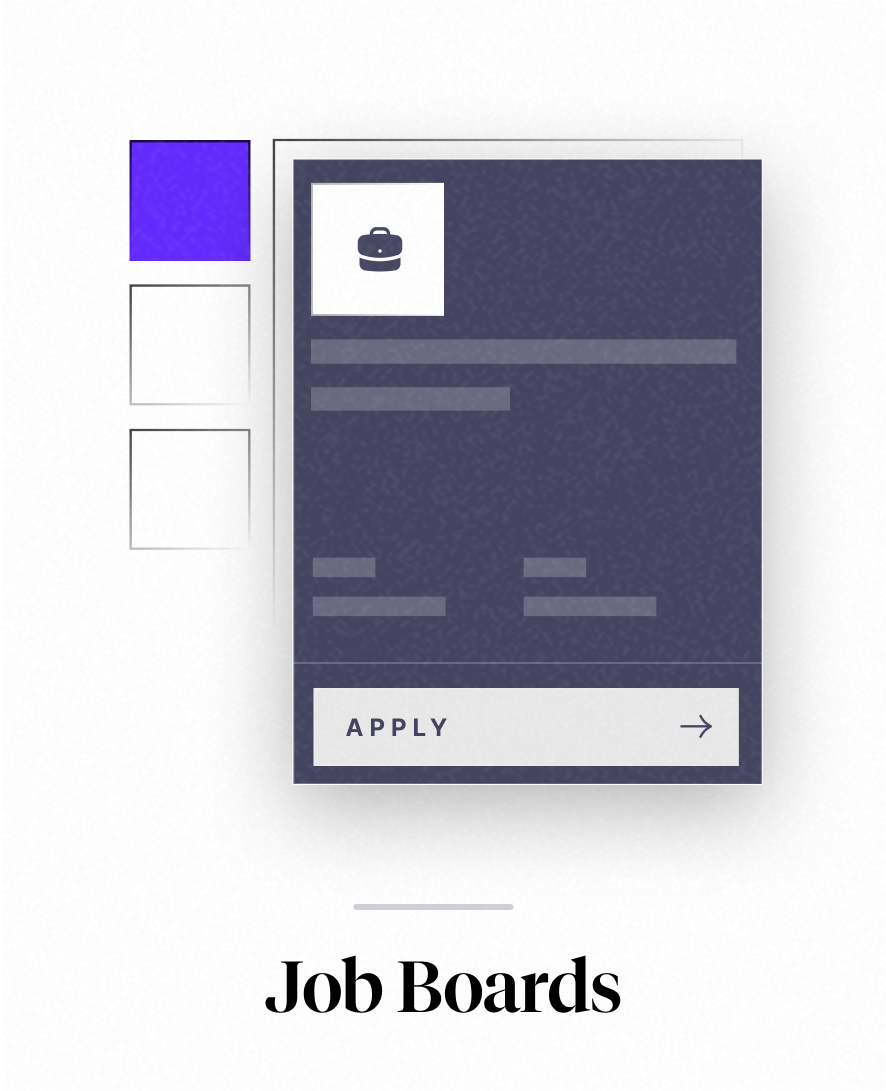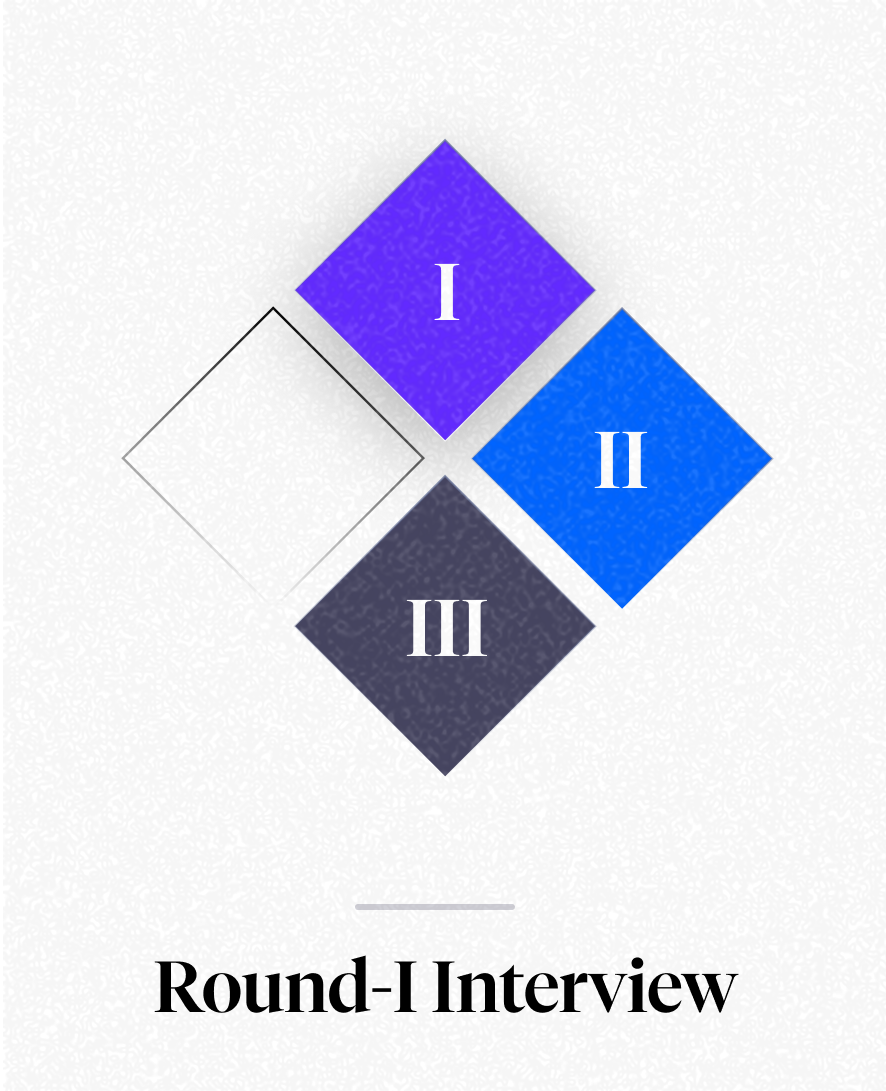Onboarding project | Todoist
Before identifying the ICP's, let's double tap on the Website & User Profile which will help us create the core ICP all together.
About Website
Total visits
Jul 2024 - Sep 2024 Worldwide
48.61M | 2.82% from last month
Monthly Visits: 16.20M
Unique Visits: 2.19M
Device Distribution
Jul 2024 - Sep 2024 Worldwide
Desktop : 90%
Mobile: 10%
Demographics
Location
- USA
- Japan
- UK
Gender
Male: 53%
Female: 47%
Age
18-24: 19.64%
25-34: 33.08%
35-44: 18.5%
45-54: 14.68%
55-64: 9.09%
65+: 5.36%
Criteria | User 1 | User 2 | |
|---|---|---|---|
Name | Vandit | Harpreet | |
Age | 25-34 | 18-24 | |
Demographics | Based in urban areas, typically in high-stress roles (e.g., managers, entrepreneurs) | Age: 18-25, Full-time university student or very early career professional. | |
Need | Streamlined task management and productivity tracking to manage work-related tasks and deadlines efficiently. | Simple yet structured app to organize assignments, study schedules, and project deadlines | |
Pain Point | Overwhelming workload with multiple projects, deadlines, and tasks that need prioritization. Lack of a clear system can lead to missed deadlines and reduced productivity. | Difficulty staying on top of assignments and exams with busy schedules and potential distractions. | |
Solution | Todoist’s features for task prioritization, due dates, reminders, and calendar integration. | Todoist’s checklist functionality, calendar view, and notifications to track deadlines and create organized study plans. | |
Behaviour | Heavy user, primarily for work tasks and team projects; values task delegation and prioritization tools. | Medium usage; focuses on keeping track of school assignments, tests, and extracurricular commitments. | |
Marketing Pitch | Simplify life for both you and your team with the world’s #1 task manager and to-do list app. | - | |
Goals | Optimize productivity, track work progress, and reduce stress by organizing tasks efficiently. | Stay organized throughout the semester, manage deadlines effectively, and avoid last-minute stress. | |
Frequency of use case | Daily, especially during work hours. | Frequently used around assignment deadlines or exam periods. | |
Average Spend on the product | Medium-high; likely subscribes to premium plans if it boosts productivity. | Low; prefers free or student-discount options but may consider premium during intense periods. | |
Value Accessibility to product | Very high; needs cross-platform accessibility to access tasks from desktop, mobile, and tablet seamlessly. | High; prefers mobile accessibility for on-the-go updates but may use desktop during study sessions. | |
Value Experience of the product | High; requires intuitive and seamless user experience with minimal to no learning curve. | Moderate; prefers straightforward functionality and a user-friendly interface that’s easy to navigate. | |
Define user goals and JTBD
User 1: Vandit (Busy Professional)
| Goal | Goal Priority | Goal Type | JTBD | Validation Approach |
|---|---|---|---|---|
Optimize productivity | High | Functional Goals | To effectively manage tasks and deadlines. | User interviews |
Manage multiple projects effectively | Medium | Functional Goals | To track progress of projects | In-app behavior tracking |
Prioritize tasks for better workflow | High | Functional Goals | To set priority tasks | Feature usage data |
Maintain work-life balance | Medium | Personal Goals( Optional) | To improve time management | Survey on work-life balance impact |
User 2: Harpreet (Student)
| Goal | Goal Priority | Goal Type | JTBD | Validation Approach |
|---|---|---|---|---|
Stay organized throughout semester | High | Functional Goals | To effectively manage classes, assignments and deadlines. | User Interview |
Avoid last-minute stress | High | Personal Goals | To have reminders for upcoming deadlines. | In-app behavior tracking |
Improve time management skills | Medium | Personal Goals | To have visibility on tasks to complete it | Periodic surveys |
Focus on priority assignments | Medium | Functional Goals | To identify and complete high-priority tasks | User Interview |
Hypothesis 1: Creating a Task Within the First 5 Minutes After Signup
• Hypothesis: New users will create their first task within five minutes of signing up.
• Explanation: This metric gauges how quickly users grasp and engage with Todoist’s main function—creating tasks. If users start adding tasks right after signing up, it suggests the onboarding effectively demonstrates the app’s core features. It also signals that new users are keen to dive in, which hints at strong potential engagement. On the other hand, a low rate might imply that onboarding needs to be clearer or make task creation more obvious.
Hypothesis 2: Setting Up a Project Within 10 Minutes of Signup
• Hypothesis: New users will set up their first project within 10 minutes of signing up.
• Explanation: This measure checks if the onboarding encourages users to explore project-based organization, a key feature especially valuable for professionals and students. When users quickly create a project, it shows they recognize the benefits of structuring tasks and see how projects can boost productivity. Since users who engage with projects early are likely to keep organizing tasks this way, it’s a strong indicator of future engagement. Low project setup rates could point to the need for clearer guidance on project creation.
Hypothesis 3: Setting a Reminder Within 24 Hours of Signup
• Hypothesis: Users will set their first task reminder within 24 hours of signing up.
• Explanation: Adding reminders suggests that users understand Todoist as a tool for managing deadlines and staying on top of tasks. This metric is key because users who start setting reminders are more likely to rely on Todoist for time-sensitive activities, which boosts both engagement and retention. If many new users set reminders early, it’s a promising sign they see Todoist as more than just a to-do list—it’s a tool for managing time.
Hypothesis 4: Completing a Task Within 48 Hours of Signup
• Hypothesis: New users will complete their first task within 48 hours of signing up.
• Explanation: Task completion is a clear indicator of value. If users complete a task soon after signing up, it shows they’re already benefiting from the app and reinforcing productive habits. This activation metric matters because experiencing the satisfaction of completing tasks early makes users more likely to keep using the app, helping boost retention. A low completion rate, however, may suggest that users aren’t fully engaged or don’t yet see Todoist as central to their task management.
Metrics to Track
1. D1, D7, and D30 Retention
• Reason: These retention metrics are essential for assessing user engagement at key stages. D1 retention shows if the onboarding experience is compelling enough for users to return the next day. D7 retention captures early habit formation, and D30 reveals long-term product relevance. Strong retention across these stages is a direct indicator of Todoist’s success in engaging and retaining users over time.
2. Task Creation within the First 5 Minutes of Signup
• Reason: This metric is a critical activation signal, showing how quickly users engage with Todoist’s core functionality. Early task creation indicates that the onboarding process is effective and that users immediately see the value in using the app for task management. High rates here suggest that users are primed for continued engagement, while low rates might highlight the need for clearer onboarding.
3. DAU/MAU Ratio (Daily Active Users / Monthly Active Users)
• Reason: This ratio measures user stickiness, indicating how many monthly users return on a daily basis. A higher DAU/MAU ratio reflects that users are incorporating Todoist into their routines, which is a strong predictor of long-term retention and loyalty. Tracking this metric helps understand habitual engagement, an essential factor for any productivity tool.
Brand focused courses
Great brands aren't built on clicks. They're built on trust. Craft narratives that resonate, campaigns that stand out, and brands that last.
All courses
Master every lever of growth — from acquisition to retention, data to events. Pick a course, go deep, and apply it to your business right away.
Explore courses by GrowthX
Built by Leaders From Amazon, CRED, Zepto, Hindustan Unilever, Flipkart, paytm & more
Course
Advanced Growth Strategy
Core principles to distribution, user onboarding, retention & monetisation.
58 modules
21 hours
Course
Go to Market
Learn to implement lean, balanced & all out GTM strategies while getting stakeholder buy-in.
17 modules
1 hour
Course
Brand Led Growth
Design your brand wedge & implement it across every customer touchpoint.
15 modules
2 hours
Course
Event Led Growth
Design an end to end strategy to create events that drive revenue growth.
48 modules
1 hour
Course
Growth Model Design
Learn how to break down your North Star metric into actionable input levers and prioritise them.
9 modules
1 hour
Course
Building Growth Teams
Learn how to design your team blueprint, attract, hire & retain great talent
24 modules
1 hour
Course
Data Led Growth
Learn the science of RCA & experimentation design to drive real revenue impact.
12 modules
2 hours
Course
Email marketing
Learn how to set up email as a channel and build the 0 → 1 strategy for email marketing
12 modules
1 hour
Course
Partnership Led Growth
Design product integrations & channel partnerships to drive revenue impact.
27 modules
1 hour
Course
Tech for Growth
Learn to ship better products with engineering & take informed trade-offs.
14 modules
2 hours
Crack a new job or a promotion with ELEVATE
Designed for mid-senior & leadership roles across growth, product, marketing, strategy & business
Learning Resources
Browse 500+ case studies, articles & resources the learning resources that you won't find on the internet.
Patience—you’re about to be impressed.























